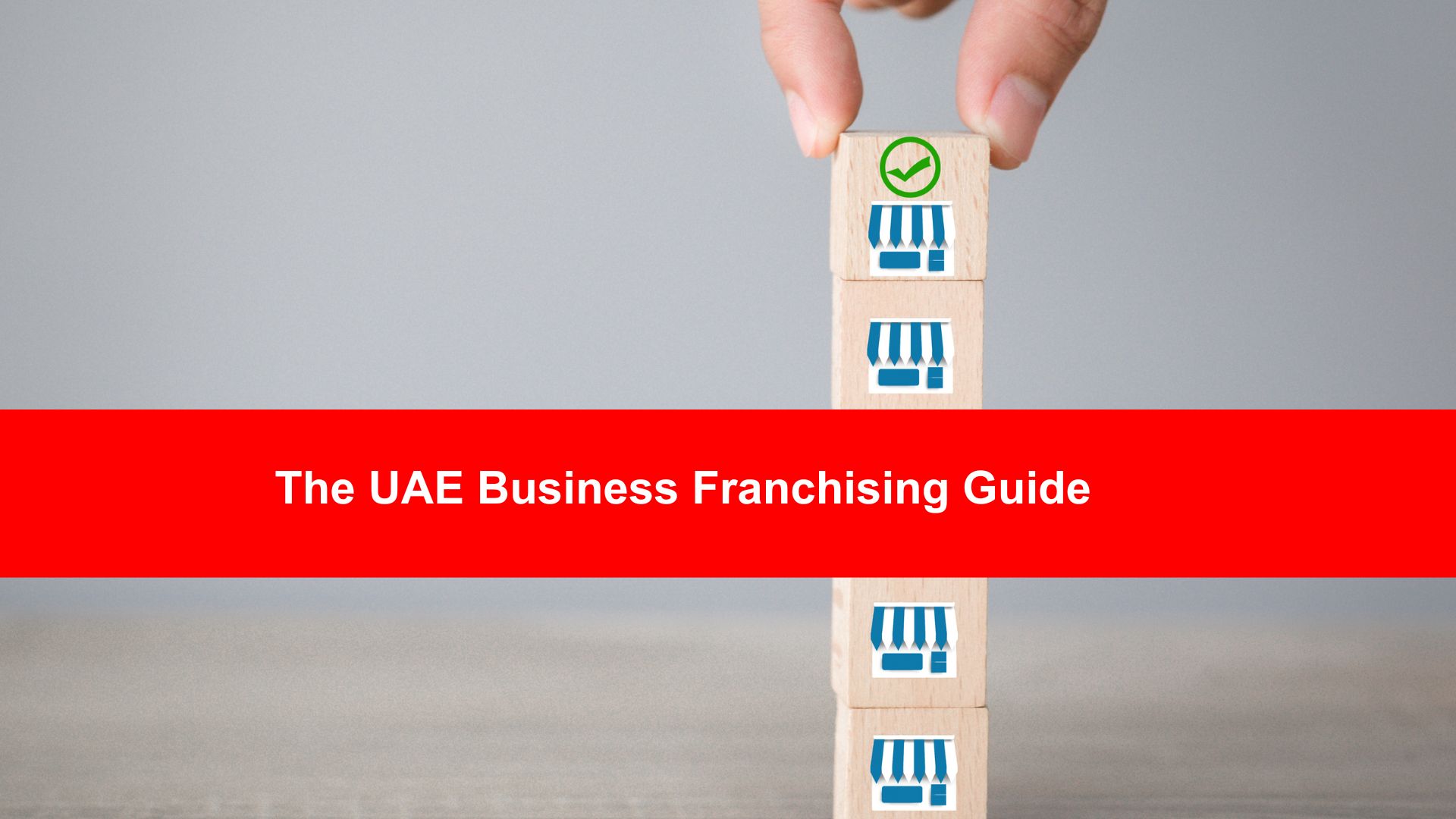The government of the UK recently announced a significant revision to its non-domicile tax status, which represents a big change in the country’s tax laws. This reform, which aims to raise tax collection by billions, is expected to have an effect on the financial planning of the wealthiest citizens of the UK and cause anxiety among those who have benefited from the old tax system.
All overseas income and gains will be subject to taxation after only four years of residence in the UK, according to a revised tax regime that will go into effect in April 2025. As a result, the remittance rule—which permitted non-doms to pay tax only on income brought into the UK—is virtually eliminated. Although some concessions are included in the revision, such as a temporary 50% reduction in the amount of foreign income subject to tax in 2025–2026 and 100% tax relief on foreign income for the first four years for new immigrants, these benefits will not comfort many. Due to the four-year respite being insufficient to establish residency, it is anticipated that this will not only force many of the rich people in the UK out of the country but also discourage future imports any sustained stability in terms of finances and family.
The current government
As long as the foreign earnings remain overseas, non-domiciled residents can avoid paying UK taxes on their foreign earnings for a maximum of 15 years under the present policy, which was implemented by the ruling Conservative Party.
It has proven beneficial for sectors like finance and oil, where top earners frequently shared non-dom status.
Over 20% of bankers with incomes over £125,000 have at some point claimed non-dom status, according to research conducted in 2022 by the London School of Economics and the University of Warwick. Notable individuals who have made use of this status include Michael Ashcroft, a well-known businessman and former deputy chairman of the Conservative Party, and Stuart Gulliver, the former CEO of HSBC. These people, along with a large number of others in comparable financial situations, now confront a very altered financial environment as a result of the regime’s change.
The non-dom status’s sense of financial certainty is quickly evaporating, which forces the wealthy to go into countries with more advantageous tax laws.
The UK loses, and Dubai wins.
The wealthy and mobile elite of the UK currently has enticing alternatives in a number of other international jurisdictions. For instance, Monaco and Switzerland stand out as tax havens with a long history of providing tax benefits. Monaco has 0% personal income tax, and Switzerland has lump-sum taxation, which can drastically lower the amount of taxes owed on foreign wealth and income.
These countries have long been wealthy people’s havens because they provide them with good living standards, privacy, and financial incentives.
But even though these European countries have strong arguments, the United Arab Emirates—and especially Dubai—becomes an unrivaled travel destination for the well-off and business-minded elite. Dubai’s allure is not limited to its tax advantages; it also stems from its strong economy, advantageous position on the world map, and aspirational growth trajectory. The emirate provides a special combination of cutting-edge facilities, world-class infrastructure, and a vibrant business climate, all encased in a tax framework that optimizes profits and preserves capital.
The absence of inheritance, capital gains, and personal income taxes in the nation stands in stark contrast to the increasingly restricted conditions in the UK. With free zones providing a plethora of tax advantages, including zero corporate tax for enterprises operating within their borders, the United Arab Emirates continues to maintain an extremely competitive corporate tax system for businesses. The UAE is the best place to preserve wealth and increase capital because of this as well as the lack of trade restrictions, quotas, and foreign exchange controls.
strong current connections
The British elite is already well aware of Dubai’s attraction. Around 240,000 British expats live in the emirate, and in the past ten years, over 1,500 billionaires have relocated there attracted by the favorable tax climate and abundant investment options.
Dubai became the new home of almost 250 millionaires in 2023 alone, making it the third most popular place in the world for high-net-worth individuals (HNWIs). This pattern highlights the emirate’s rising stature as a sanctuary for wealthy foreigners looking for both financial gain and a superior standard of living.
The proactive stance taken by the UAE
The UAE is attractive not just because of its favorable tax laws but also because of its aggressive efforts to draw in foreign investment and talent.
Particularly in recent years, Dubai has successfully enacted a number of government initiatives aimed at luring more foreign direct investment. Among these, the 2019 adjustments to residency and entrance are noteworthy.
This featured the Golden Visa program, which grants investors, business owners, and highly qualified professionals residency for a maximum of ten years. The Golden Visa regulations pertaining to real estate investment have been loosened, drawing in approximately AED 10 billion (£2 billion) from investors in the United Kingdom in 2022 alone.
The UAE’s strength is its forward-thinking attitude; it is constantly searching for methods to facilitate and entice foreign investment.
Another example is the 2022 law that permits all mainland businesses to have 100% foreign ownership. Before this, international investors needed to have a local partner who was an Emirati and controlled at least 51% of the company. Due to this reform’s significant market opening, foreign companies and investors now find the UAE—and especially Dubai—even more alluring. The action strengthens the UAE’s position as a leading international commercial hub and makes it easier for foreign entrepreneurs to establish and manage their enterprises.
The astute decision
Many of the wealthiest people in the world are searching for more tax-friendly environments before the upcoming tax laws in the UK take effect. Dubai, with its tax-friendly policies and opulent lifestyle, stands out as a prime alternative, providing both financial advantages and a high standard of living that the UK’s tax laws threaten to undermine.
This will probably spark a flood of high-net-worth individuals to relocate to Dubai, which would boost the emirate’s commercial and real estate sectors and highlight its standing as a thriving center of global wealth and enterprise.






